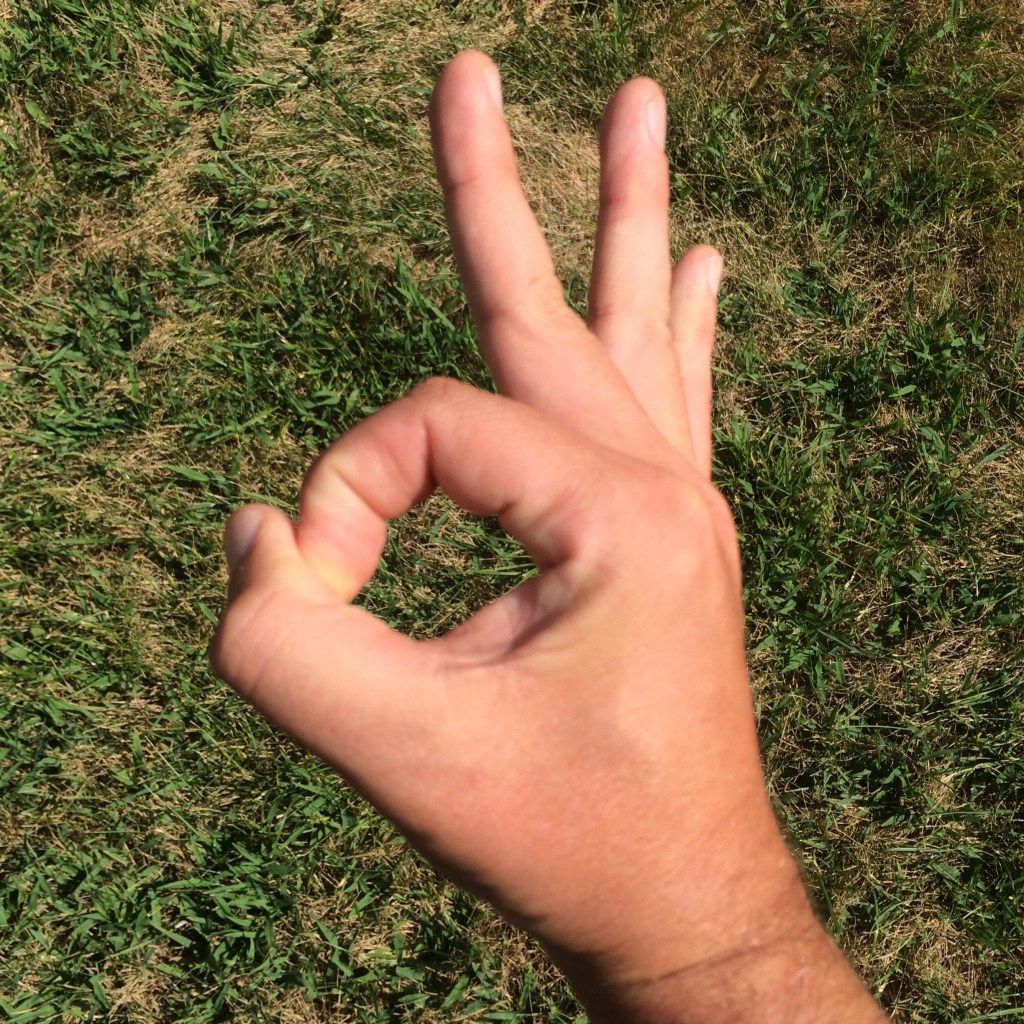 At the very core of a minimalist lifestyle (and most lifestyles for that matter) is the necessity for purpose. As human beings most of us have the urge, and the drive to have something to feel passionate about, and pursue it. Once we have that something in our lives that we are passionate about, and we cultivate that passion, it gives us a very real sense of purpose.
At the very core of a minimalist lifestyle (and most lifestyles for that matter) is the necessity for purpose. As human beings most of us have the urge, and the drive to have something to feel passionate about, and pursue it. Once we have that something in our lives that we are passionate about, and we cultivate that passion, it gives us a very real sense of purpose.
For some of us that purpose is clear early on in life, and we spend our entire lives cultivating that passion. For others, we have many passions, many purposes that we pursue which we have at different periods in our lives. Either way, for those of us that have that need for purpose, it can be miserable to be caught in a phase in our lives when we have no purpose. Often times when we are in this situation, we are too bummed out to even pursue a new passion. I’ve seen many people, of many ages, who have been at exactly that phase of their lives. It usually follows a huge life changing event:
- A parent who’s last child just moved out on their own.
- A divorce.
- Graduation.
- Death of a loved one.
Once the majority of the grief or excitement of this phase has passed, we often feel emptiness inside that we mistake for just more grief. It’s not grief; It’s lack of focus, lack of passion, lack of purpose.
The first step in overcoming this is to recognize that this is the reason why we are so empty, so numb, so miserable. This is not so easy to realize in the wake of a major life change. It has been my experience that most people don’t realize this, at least not quickly; so I was inspired to write this essay. It is my hope that this will reach many going through this right now.
The second step is to find something we can be passionate about.
For some, after step 1, step 2 is easy. We just pursue a passion correlated with the life changing event. Graduation leads to a career in your field of study (Duh). If our husband/wife died of cancer, we may be driven to a career in the American Cancer Society, or start a foundation of our own. If our last child moved out ……… “let’s get pregnant again.”
For others, we may not have anything that we would feel passionate about doing. Maybe a graduate no longer has any interest in their field of study. Maybe the widow/widower has no urge to “fight the good fight.” Maybe the old parent is “done with kids.” Well I am here to tell those people: You better find renewed purpose, or the empty feeling inside will just grow. Not only that, but you will grow old quicker, get slower.
There was a time in my life when I was left without a fulfilling purpose. When this happened I considered many potential directions to give my life meaning. I would like to share some of these ideas. As not only are they very noble fulfilling purposes in general, but they also lend themselves to a minimalist lifestyle.
- Military service – Serving our country is considered one of the most fulfilling purposes there is.
- Volunteer in the Peace Corps – Building communities. Saving lives. Acquiring knowledge one might not otherwise acquire. Getting hands on experience. Excellent job and real life experience. Free room and board. This is still my plan “B” if I am ever at the crossroads again in life.
- AmeriCorps – Basically the same as Peace Corps, only confined to America.
- Work/volunteer at a local United Way chapter – An excellent way to make a difference in our community.
When I was at this crossroad, I ultimately ended up choosing to become a husband, and a father soon after. Now I have very fulfilling purpose as a husband, father, and minimalist promoter/educator. I am also a cyclist, but I would not go so far as to say that is a purpose; definitely a passion though.
It is a big world, and there is a whole plethora of opportunity for purpose. One need merely look for it. And of all the opportunity, there will be at least one that will spark our interest. As long as we are alive, God still has purpose for us. It’s just up to us to find that purpose.





